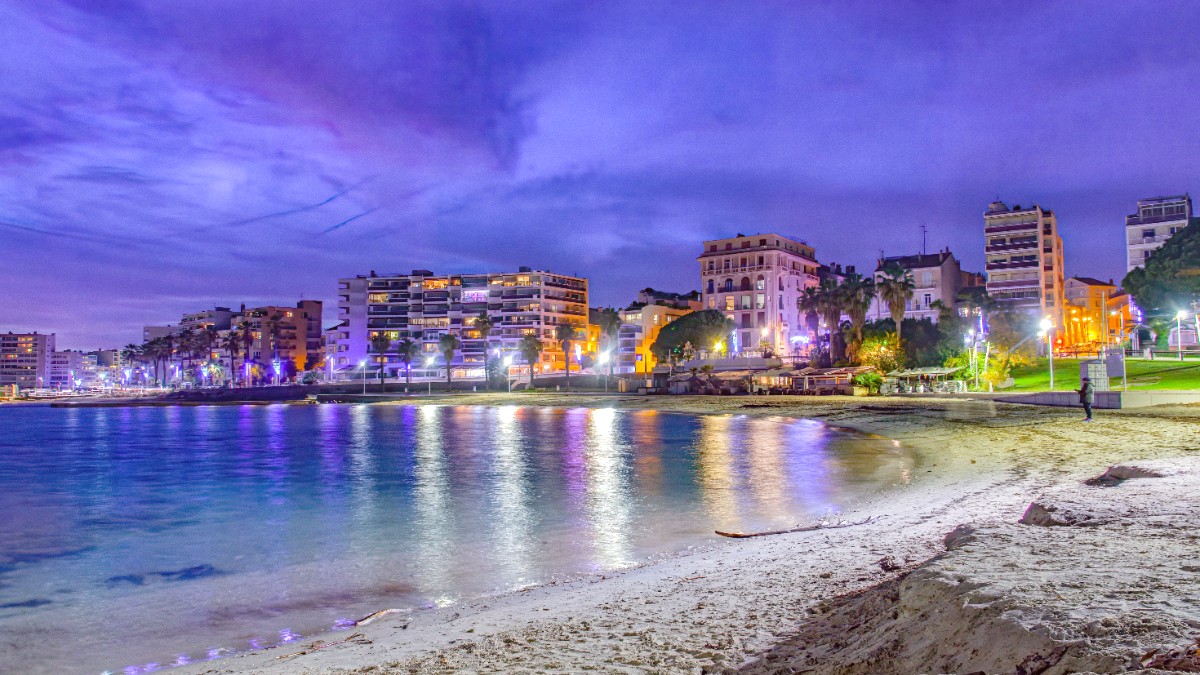
Cote Dazur, France
The Calanques National Park and Var Region Natural Sites are strictly protected; follow rules, stay on trails, and do not disturb wildlife.
France has an established recycling system. Look for separate bins for glass, paper/cardboard, and mixed recyclables. Avoid littering, especially at beaches.
The Mediterranean region is prone to summer droughts. Be mindful of water usage; take shorter showers and reuse towels when possible.
Conscious travel decisions contribute to local sustainability.
Choose partners committed to sustainability.
Mitigate your travel impact.
Respect local customs for a richer journey.
Your choices positively impact the local community.
Be aware of activities that might exploit animals or local populations.
Ethical Tour OperatorsDonate to reputable local charities or NGOs rather than directly to beggars on the street.
Conservation SupportCore principles for responsible and enjoyable travel.
Maintain the natural beauty of the region.
Engage thoughtfully with local traditions.
Directly benefit the local community.
Avoid and counter harmful practices.
Organizations that support responsible tourism and environmental stewardship.
Book eco-friendly accommodation options.
Offset your carbon footprint from travel.
Shop for sustainable outdoor gear.
Deepen your positive impact through conscious consumption and giving.
Support fair labor and local economies.
Ensure your interactions benefit, not harm, local fauna.
Support local initiatives directly.
Ensure your generosity has a positive and lasting impact.
Integrate these practices into your journey for a richer, more responsible experience.
Adhere to guidelines in protected areas and conserve resources.
Learn basic phrases, respect customs, and support cultural preservation.
Choose local businesses and ethically sourced products.
Avoiding negative comparisons or generalizations about France shows respect for the local culture.